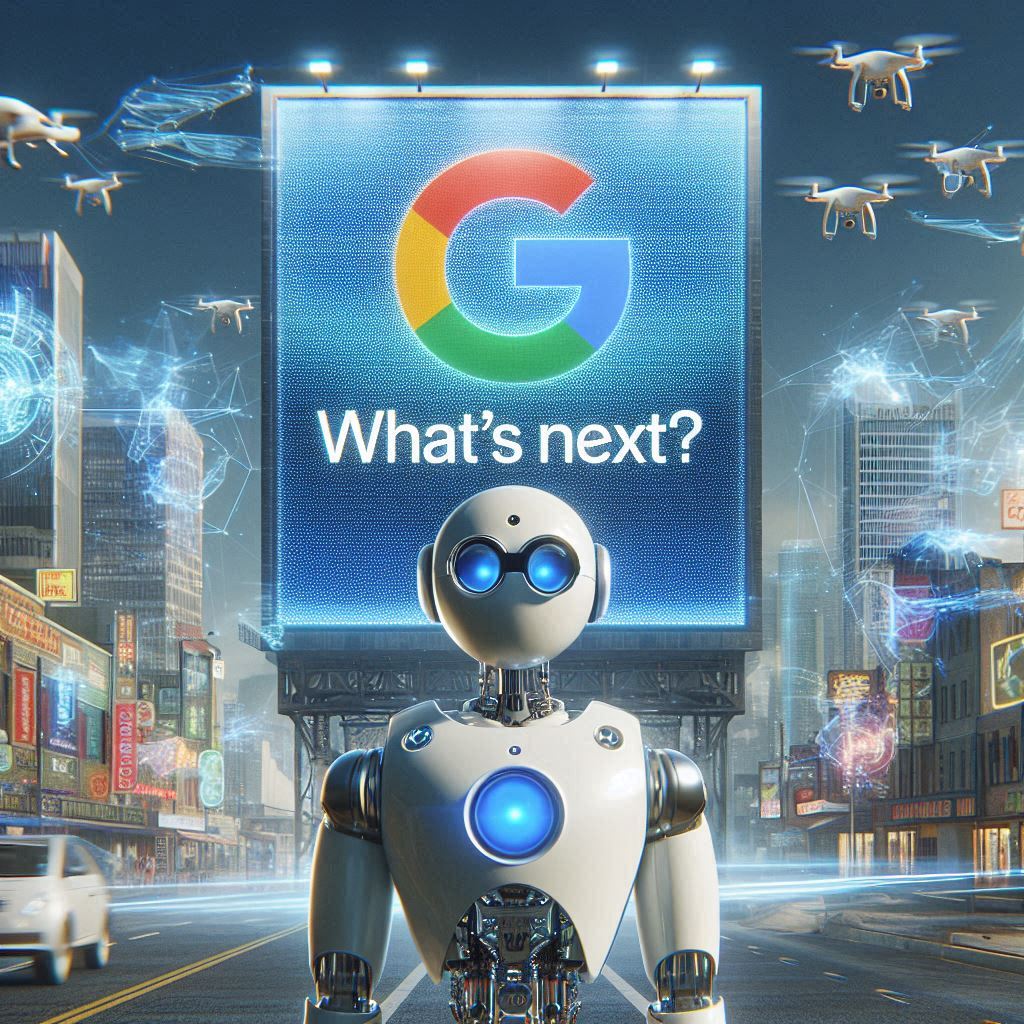The marriage of artificial intelligence (AI) and Google advertising is reshaping the digital marketing landscape at an unprecedented pace. What began as a promising union is now evolving into a powerful partnership that is set to redefine how businesses connect with consumers. In this post, we’ll delve into the exciting possibilities that lie ahead for AI and Google advertising.
The AI Revolution in Advertising
AI has already made significant strides in optimizing ad campaigns, from automating bidding strategies to improving ad targeting. However, this is just the beginning. As AI technology continues to advance, we can expect even more groundbreaking developments in the advertising world.
- Hyper-Personalized Ad Experiences: The future of advertising lies in delivering highly personalized experiences that resonate with individual consumers. AI will play a pivotal role in understanding customer preferences, behaviors, and search intent at a granular level. This will enable advertisers to create tailored ad messages that speak directly to the needs and desires of each user.
- Automated Creative Generation: Crafting compelling ad creatives can be a time-consuming process. AI is poised to revolutionize this aspect of advertising by automating the creation of ad copy, images, and videos. By analyzing vast amounts of data, AI algorithms can generate multiple creative options, allowing advertisers to test and refine their campaigns more efficiently.
- Enhanced Measurement and Attribution: Measuring the effectiveness of advertising campaigns has always been a challenge. AI is transforming this process by providing more accurate and actionable insights. Advanced analytics tools powered by AI can attribute conversions to specific touchpoints in the customer journey, helping advertisers optimize their marketing spend. Additionally, AI can predict customer lifetime value, enabling businesses to make data-driven decisions about customer acquisition and retention.
- Immersive Ad Formats: As technology evolves, so too will the formats in which ads are delivered. AI will be instrumental in creating immersive ad experiences that captivate audiences. Imagine interactive ads that allow users to explore products in augmented reality or virtual reality. These innovative ad formats will offer new opportunities for brands to engage with consumers in a meaningful way.
- Real-Time Bidding Optimization: AI-powered real-time bidding (RTB) is already a game-changer in programmatic advertising. Going forward, we can expect even more sophisticated AI algorithms to optimize bids in real-time based on a multitude of factors, including user behavior, competition, and ad performance. This will lead to increased efficiency and better ad placements.
Challenges and Considerations
While the potential benefits of AI in advertising are immense, it’s essential to address the challenges and ethical considerations that come with it.
- Privacy and Data Security: As AI relies heavily on data, protecting user privacy is paramount. Advertisers must adhere to strict data privacy regulations and ensure that user data is handled responsibly.
- Algorithmic Bias: AI algorithms are trained on data, and if that data is biased, the AI models will perpetuate those biases. It’s crucial to develop AI systems that are fair and unbiased.
- Human Oversight: While AI can automate many tasks, human creativity and judgment are still essential for developing effective advertising campaigns. A balance between AI and human expertise is necessary.
The Road Ahead
The integration of AI into Google advertising is still in its early stages, and we can expect to see rapid advancements in the coming years. As AI continues to evolve, it will undoubtedly reshape the advertising industry, creating new opportunities for businesses to connect with consumers in personalized and engaging ways.
To stay ahead of the curve, advertisers must embrace AI and invest in the necessary skills and tools. By leveraging the power of AI, businesses can unlock new growth opportunities and achieve greater success in the digital age.
